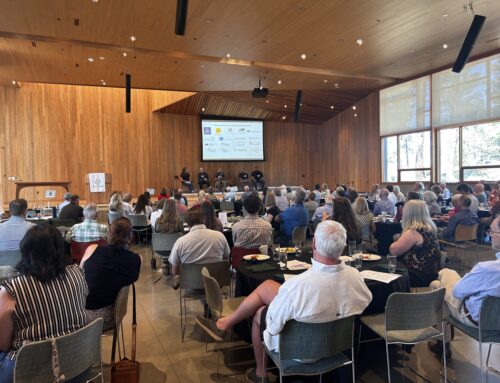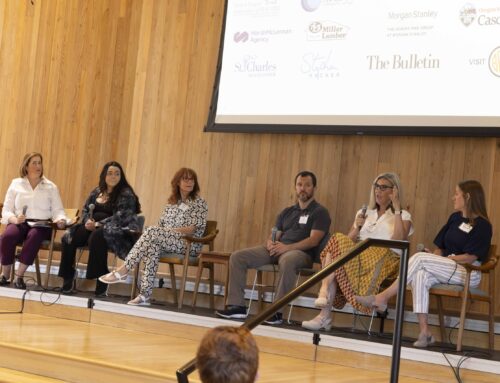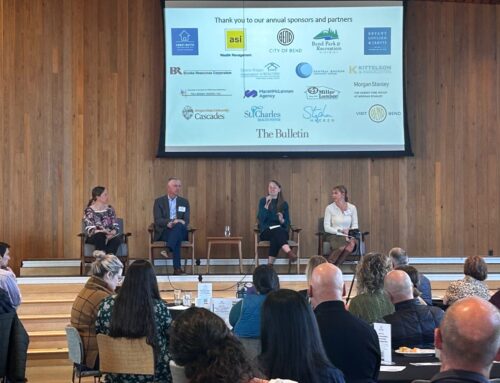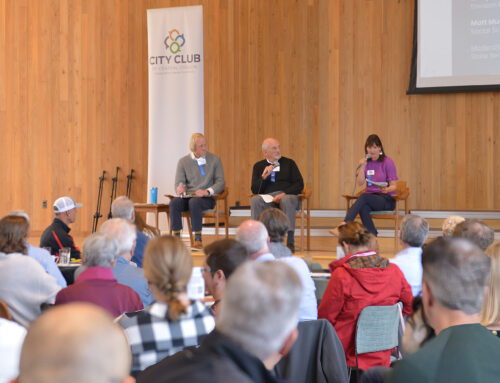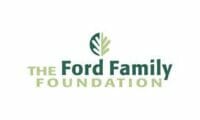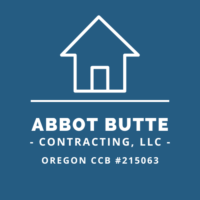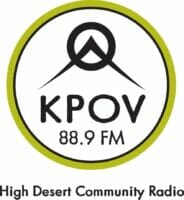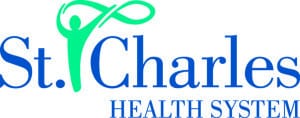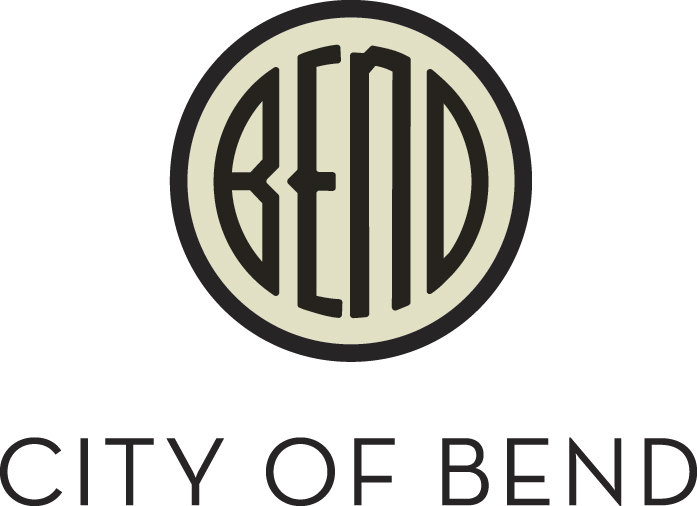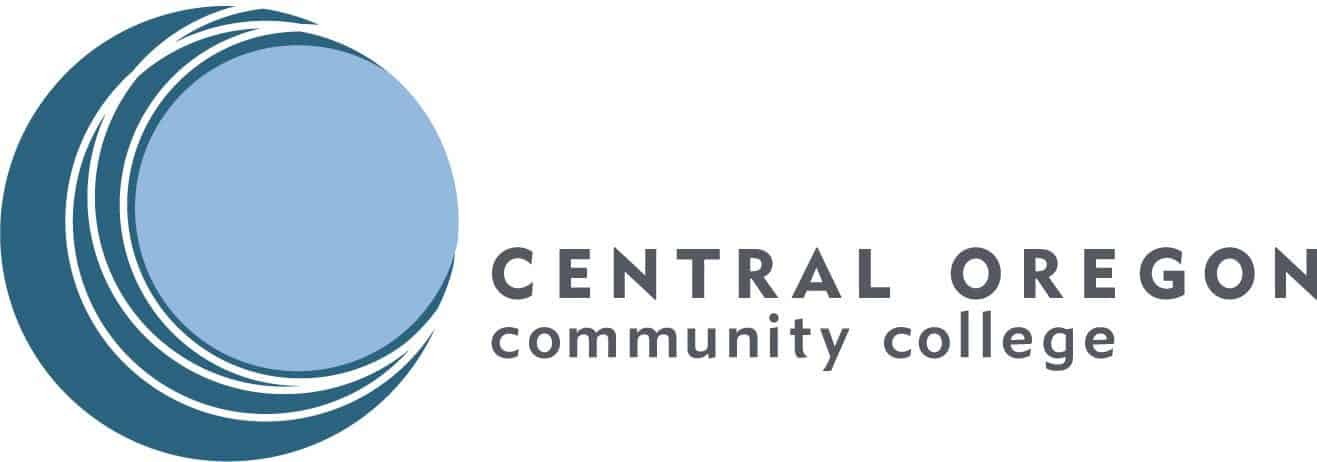Systemic racism and social injustice still exist, even 155 years after the passage of the 13th Amendment abolishing slavery, the Civil Rights Act of 1964 and the resurgence of the Black Lives Matter Movement in 2020. It can be hard to acknowledge that these issues may be closer to home than we think. We’ll take a look at Central Oregon’s history of racial exclusion that invites a discussion of our community’s diversity and overall acceptance.
Moderator:
JC Nore, Program Committee Member City Club of Central Oregon
Panelists:
Marcus LeGrand: COCC College and Career Success Coach
Marcus has taught and counseled in a variety of environments including high schools, colleges, military and corporate America. His wide range of experience and knowledge and advocacy for students has helped students over barriers and gave them access to a better education. Marcus has a B.A. in Marketing/Advertising from the University of Washington-Seattle. He received his M.A. from Rowan University with a degree in Counseling.
Kip Jones: Executive Pastor, Antioch Church
Kip has served Antioch Church since 2006. He is married to Kristin and father to Asher, Ayla, and Adley. He holds an AA from Central Oregon Community College and an MA in Innovation & Leadership from Kilns College. Kip is a movie nerd, lover of all things 80s, and Apple specialist.
Gena Goodman-Campbell: Bend City Councilor, Mayor Pro Tem
Gena is a third-generation Oregonian who has lived in Bend since she finished college in 2006. She graduated with a bachelor’s degree in political science from Colorado College with a focus on international conflict resolution. Gena was elected to a four-year term on the Bend City Council in November 2018.
Kinsey Martin: Dual Immersion Program Director, Bend La Pine School Dist.
The Spanish Dual Immersion Program in Bend-La Pine Schools is a research-based two-way immersion program model. The program begins in kindergarten and continues through high school graduation. Kinsey also oversees a group of 23 Bend-La Pine teachers in the LEAD Cohort — an acronym that stands for Leading for Equity and Anti-racist Dialogue. The cohort was formed in response to comments in the Bend-La Pine School District Excellence and Equity surveys from the fall of 2019.
We want to acknowledge that talking about Oregon’s racist history in often graphic detail can be traumatic for our BIPOC viewers. In addition, one of our white speakers used the N word when talking about Oregon’s history without a warning beforehand. This has since been bleeped. We apologize for this mistake and will learn from it in the future.
Reflections
Kip Jones became interested in our region’s historical racism while working toward his master’s degree. He learned that Oregon was the only state admitted to the union with exclusion laws written into its constitution. Meaning if you were black, it was against the law for you to be in Oregon. He’d been in Oregon’s educational system from elementary school through college and never been taught anything about Oregon’s history of racism. When people asked why Bend was so white, he used to say that’s just the way it is. Now he knows that it was designed that way.
He gave a brief historical overview, these are only a couple: In 1862 Oregon adopted a law requiring all ‘Negroes, Chinese, Hawaiians, and Mulattos’ residing in the state to pay an annual $5 tax, and they were forced into labor if they could not pay. In the 1920s, Oregon had the highest per-capita KKK membership in the country. There was a large contingent in Bend, with office headquarters on Hill Street, and burned several crosses on Pilot Butte. When blacks were given the right to vote under the 15th Amendment, Oregon did not ratify it for over 80 years, until 1959. We need to all learn about our past so we can have a better future.
Today’s Laws will be our legacy tomorrow.
When Gena Goodman Campbell was elected to the Bend City Council and was reviewing applications for a councilor to fill a vacant seat, she realized there had never been a person of color on the commission. During the process, she saw from the inside how, Kerani Mitchell, as a candidate and a woman of color, was held to such a different standard. This was a big eye opener for her: that people of color experience Bend much differently than she does as a white person.
The commission’s goal setting in 2019 focused on embedding diversity, equity, and inclusion to the City of Bend and its operations. It resulted in a goal of establishing the Human Rights and Equity Commission, so that historically marginalized and underrepresented people and communities have equal access to city programs and services, representation in decision making, and a venue to raise concerns and complaints about discrimination.
Kinsey Martin told us the Bend La Pine School District is currently focused on centering the voices of the students and families, particularly those pushed furthest from the center: students of color, multi-lingual students, LGBTQ in their priorities and efforts. If they can do that, they can make improvements for all students. Last fall they ran 40 ‘listening sessions’ with students, family, and community members. One thing they heard a lot was that they struggle to bring student lives and relevant experiences into the classroom, and that staff tends to be silent on things that matter. They have assembled a Teacher Leadership Cohort, to get better about engaging conversation.
The district is focused on understanding and acknowledging the experience of students in the district, and repair harm in a culturally responsive way. They also need the staff and faculty to represent the student populations they serve. They are starting a new Equity Coalition with community, student, and staff partnership to inform the work that they are doing and to keep all voices centered in their improvements. The district is also looking at diversifying and adopting materials used in learning.
Marcus LaGrande pointed out that it’s important to remember, especially now during black history month, that black history IS American history. Historically, the people who get credit for things are the ones who have been amplified by the messaging. Let’s talk about the parts we didn’t know, and the people who provided the support or many of the things that have contributed to this country.
At COCC, they are in their 13th season of non-violence. There is a list of speakers you can engage with on the website. There are a number of clubs on campus, including African heritage, Latinx, and others, which people can become involved in to learn and understand how to help and support each other. This Friday’s teaching academy will focus on how we talk about race, and how instructors can respond if there are incidents in class.
Marcus is also involved in the Fathers Group who are looking to work with the school district and the city to be culturally engaging. They are currently working on a survey of families to find out what sort of services they can provide. They are also developing on an after school program to allow them to engage with those same students, and a summer program as well.
He wants to encourage everyone listening to dare to want to engage yourself in the community. He wants you to dare yourself to step outside your comfort zone, your silos, to do that. You need to be willing to create different norms that change the environment that you engage. Stacy Abrams said “It is important to make a plan… ambition and dreams without a plan, it’s just a wish.” So, educate yourselves and put yourselves in a position to create that is going to be equitable for our whole society.
Resources
From Kip:
- For a powerful primer, please watch, “PREMEDITATED UNIFORMITY: The Untold Racial History of Central Oregon.” Kip Jones’ thesis project, this heart-wrenching documentary is guaranteed to teach you things about our local history that you never learned in school.
From Marcus:
From Kinsey:
- Here is a link I used in a workshop for all administrators yesterday. Not education-specific, but incredibly powerful and spurred some raw and honest dialogue for our administrators.
- Bend LaPine School District’s Excellence in Equity

